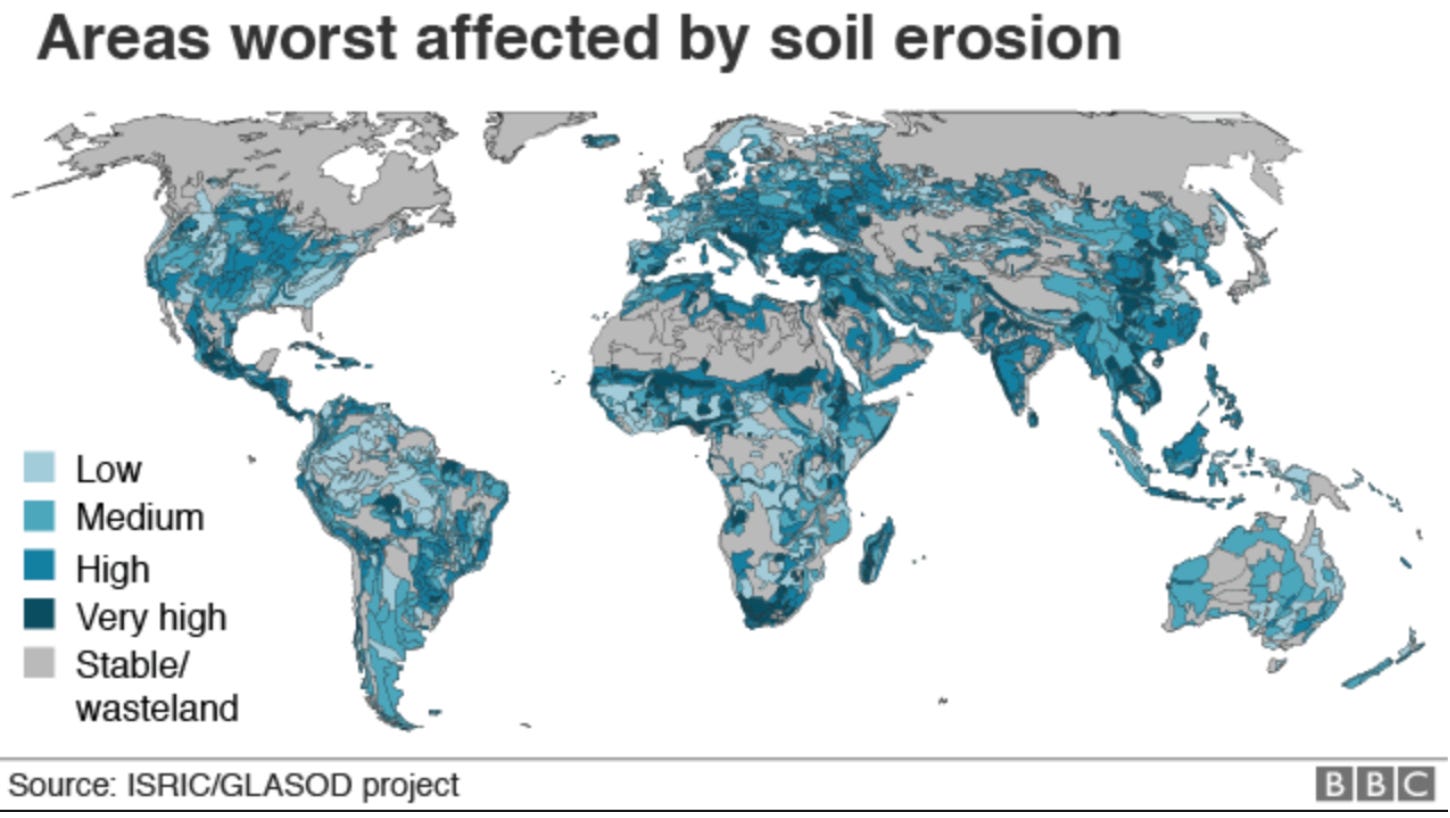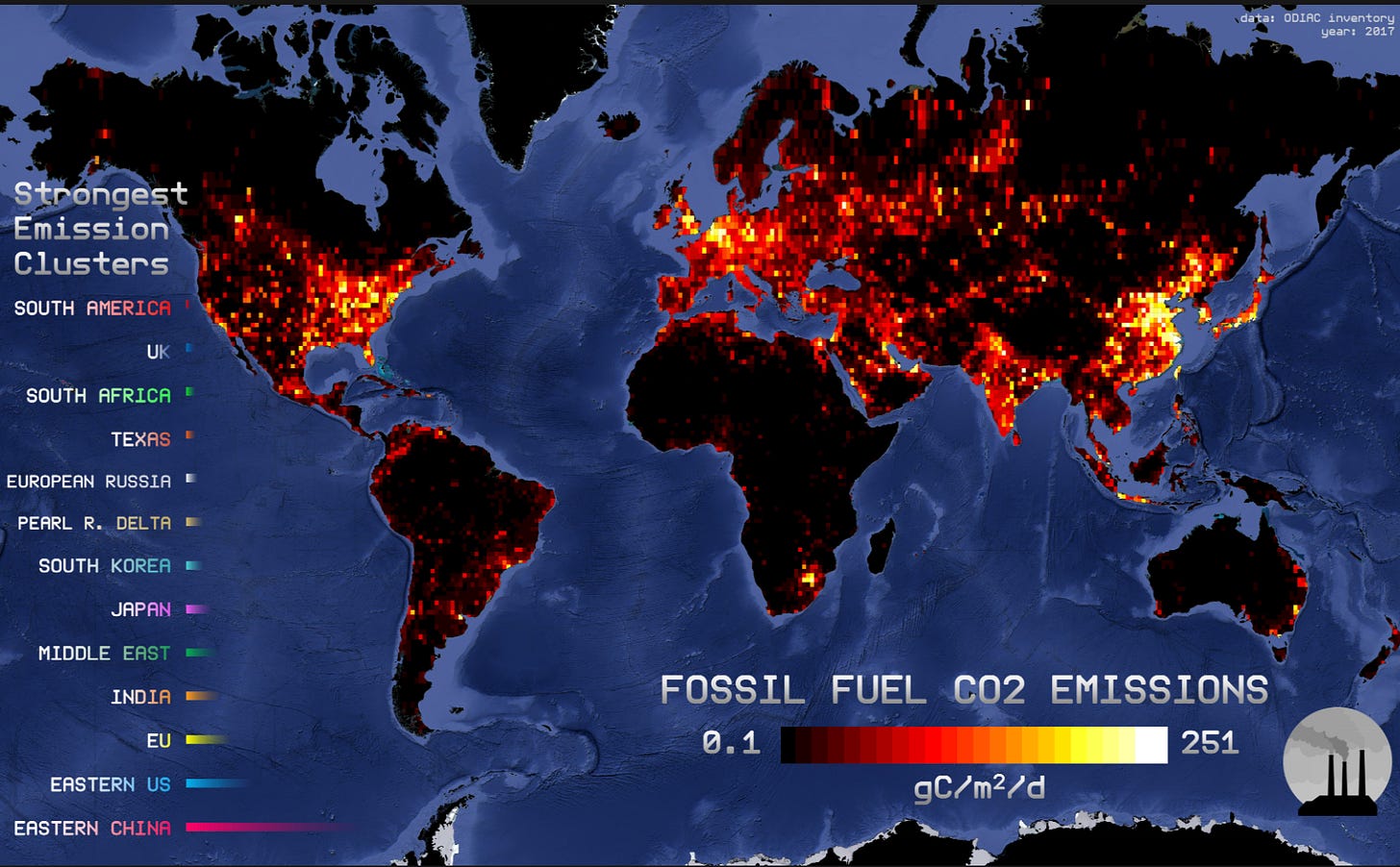The following will discuss how land has been used to enslave the people, destroy the environment and how false prophets will usher 'The Great Reset' otherwise known as 'The Omega Point'.
Additionally, the podcast attached with Dr Patrick Micheals covers scientific measurements and climate change.
There is a high probability that you are exactly what you claim you ‘hate’.
This is why those that claim to be capitalist or centrist are not what they claim to be. If they were, they would not have qualms about ‘FREE-MARKET FORCES’.
The world is now prognosed with free-market anxiety.
When we look at all the world today we may feel uncomfortable with all we see.
As a result, we spite the ‘invisible hand’ of markets that feed us.
What is the cause of this anxiety?
It is likely because you prefer an authoritarian dictatorship despite saying you like capitalism.
"Woe to those who call evil good and good evil, who put darkness for light and light for darkness, who put bitter for sweet and sweet for bitter."
Isaiah 5:20Why is this the case?
Perhaps we simply do not understand where democracy and dictatorships come from, how it is sustained, and what the future means are for a chosen path.
We prefer to think of these ‘types’ of government as a cultural feature rooting back hundreds and thousands of years.
I am here to tell you; that is unequivocally wrong, and we must change the course of history now.
“If you're not careful, the newspapers will have you hating the people who are being oppressed, and loving the people who are doing the oppressing.”
Malcolm X
State of Land
In order to understand why it is incorrect, we need to think about the features of democracy throughout time.
Early democracies were widespread in human societies; just as common as an autocracy. No, democracy was not invented in one place at one time before spreading elsewhere.
Democracy appears to come naturally.
Early democracy was more likely to survive in small-scale settings, in the absence of strong state bureaucracies, and finally in the absence of many technological developments that we commonly associate with civilization.
Question: Is that (above) what you really desire? The answer to where democracy or dictatorships come from may surprise you.
Energy Welfare: Walk Through the Valley of Serfdom
The type of agriculture found in each society is a big clue.
Cultures practicing intensive farming actively reordered the landscape physically and recorded production systematically. Written records enabled bureaucrats to manage areas even without extensive local knowledge. Gradually these bureaucrats were able to predict and expect yields for plots of land - the origin of welfare and security.
Medieval England’s yields were only a third or quarter of what was found in China and ancient Sumeria or Egypt. Other countries in Europe also had similar levels to England. The key to the Middle Eastern and Asian societies was their functional bureaucracies. The productivity on the land was influenced by the political structures of society just as much as the capital and labor. Their high yields came from a systematic approach to intensive farming.Simply put, the roots (pun intended) of government and welfare come from the land.
The Fat of the Land
Whether a society took the democratic or the autocratic path of political development depended on the number of calories one could extract from the land.
Throughout history, uncertainty about agricultural production has been a major obstacle for central planners seeking to know how much they can tax their constituents.
The democratic method of building consensus from a nation’s citizens has allowed for greater levels of taxation over time. As taxpayers have a voice about the usage of their tax contributions, they feel that the levels of taxation are a legitimate price for participating in a democracy. Such high rates of taxation would not be palatable for citizens without representation and a say in government spending. Monies levied without a level of transparency could be viewed as expropriation by corrupt kleptocrats.The idea of three meals a day or bowls of rice was an offset to caloric variability in which the land was taxed for control.
…dinner was at about 11 a.m. and supper at about 5 p.m. But as more people moved into towns, and made their living by working long hours for other townsmen, the time at which they could have supper was pushed back into the evening. This meant that dinner, the main meal of the day, had to be eaten a couple of hours later and became lunch. It followed that you had to eat an early meal, breakfast, in order to get through to lunchtime. School also helped bring about this change, for more and more boys went to school, and the long lessons required that they eat breakfast. Hence breakfast was ubiquitous in towns by 1600.
Millennium From Religion to Revolution: How Civilization Has Changed Over a Thousand Years
Agricultural production will depend on aspects of the natural environment, such as localized variation in soils, ruggedness, and rainfall. The key was the variability of the crop yields that would lead to caloric swings in the diet of a nation. This has historically had the largest impact on the types of governments we see today.
Centralization was Not Built in a Day
Agricultural production generated a surplus, allowing for the emergence of central governance, combined with social hierarchy. The power of authoritarian dictatorships thrived in Asia as farming was the primary source of income for citizens, making it possible to monitor crop yields, introduce taxation systems, and control society.
Here has been their autocratic playbook for many authoritarian societies:
Create a standing army
2. Create a unified administrative system
3. Introduce a tax system for redistribution
4. Create scribal schools for bureaucrats
5. Reform the writing system
6. Introduce new accounting procedures
7. Reorganize weights and measures
8. Introduce a new calendar
9. Make yourself a deity
The irony of these reforms is that while they imply top-down control, they actually depended on the mastery of techniques to advance civilization. Reforms to a writing system, new accounting methods, common training for bureaucrats, and a reorganized system of weights and measures all sound like good things. But by making society more legible, these technologies facilitated autocratic control by allowing bureaucrats to control across distances and over time.
Centralization: Confucius was Confused
“The virtue of a leader is like the wind; the virtue of the common people is like the grass. When the wind blows over the grass it will surely bend.”Confucius
The lessons of history help us understand why autocracies persist in China. For a long period during the last two millennia, China was richer than Europe even though the form of governance in China was autocratic and bureaucratic whereas European rulers had to govern through councils and assemblies. In modern times a higher GDP/Per Capita correlates with democracy with some of the wealthiest democracies never falling into authoritarianism.
A prediction made about democracy in 1989 involved China.Some asked whether market-driven economic development would lead to political liberalization and to China starting to look more like the West. It was thought that as society grew richer, people would be in a stronger position to demand democracy. It was also thought that growth could only be maintained with political liberalization.This was a mistake!Autocratic Asian countries have achieved prolonged periods of agricultural, financial and societal cohesion before modern land reforms. The preservation of soil was a priority for keeping farming societies sustainable and providing taxable income.
The preservation of soil is now eroding and is the primary contributor to global warming.
Centralization is an Environmental Crisis
Our efforts to tax soil yields have impacted the global CO2 balance!
Big government introducing land-use rights with land reforms have been effective in raising state-centric GDP, with newfound wealth being generated by the collateralization of land with loans and productive farmers. However, the heavy use of land with chemicals and irrigation for farming has led to a loss of soil quality over time.
If we think about creating food and wealth we can argue that intensive farming in autocracies has been effective but unsustainable with the utilization of soil.
Big and small agriculture has embraced chemicals and fossil fuel farming techniques, killing off microorganisms, destroying soil, desertification, releasing co2, and contributing to environmental damage. Similarly, governments embrace policies which are just as toxic as agri-chemicals whilst attempting to farm society, destroying the fundamental economic systems, value structures, and the motivation of otherwise productive individuals
Is soil quality the key to improving the world environment and economy?According to soil experts the more we are able to preserve the microorganisms in topsoil, the more carbon dioxide and other gases can be absorbed and taken out of the atmosphere. If this synopsis is correct, many of the other efforts of going green are red herrings compared to natural soil-based carbon capture solutions.
Trees are a natural solution for absorbing carbon, combatting the effects of carbon release from tilling.
Global Scorching of Freedom
Some perceived democracies with a broader range of income-producing activities didn’t farm as intensively and preserved some soil quality thanks to woodlands and less biodiverse plant life. When considering the value of soil quality as a means to counter climate change, we can argue that the preservation of topsoil in more democratic regions has been a better utilization of soil.
A discussion about responsibility in a globalized world would need to take place to reach a consensus. A starting point may be a state’s ability to be carbon-neutral by measuring CO2 emissions against absorption through their land.
In this scenario, economically richer nations may be able to offset their CO2 emissions by preserving their higher quality soil’s capacity for absorption. However, poorer countries might need to shift their attention from playing economic catch-up with double-digit growth to reducing emissions and increasing absorption through soil quality.
COVID Activates #TheGreatReset Forward
The land and the environment have been named one of the three priorities for the great priorities by the World Economic Forum. This means beyond being a global priority, linking the environment to the value of our economy will become one of the key features of big-tech and big governance.
Similar to The Great Leap Forward?
It was a transformational period for the Chinese Communist Party between 1958 - 1962. During this time agricultural production was collectivised and all opposition was systematically destroyed. The execution of the Great Leap Forward and the resulting Great Chinese Famine culminated in over 45 million deaths. Where is this taking us?
The Omega Point. Based on disease, climate change, state failure and migration.
There is one hedge left:
Understand the invisible economy now …




























